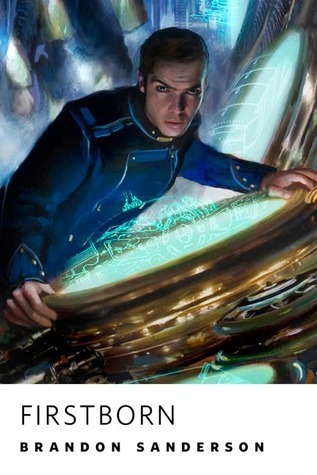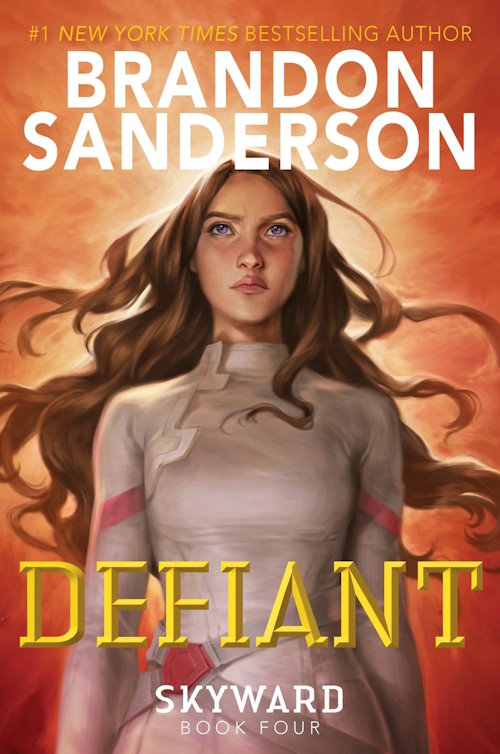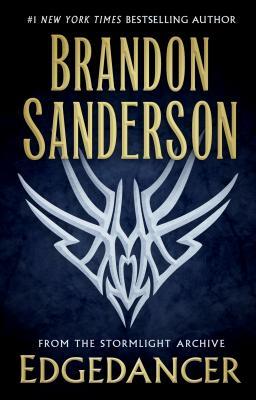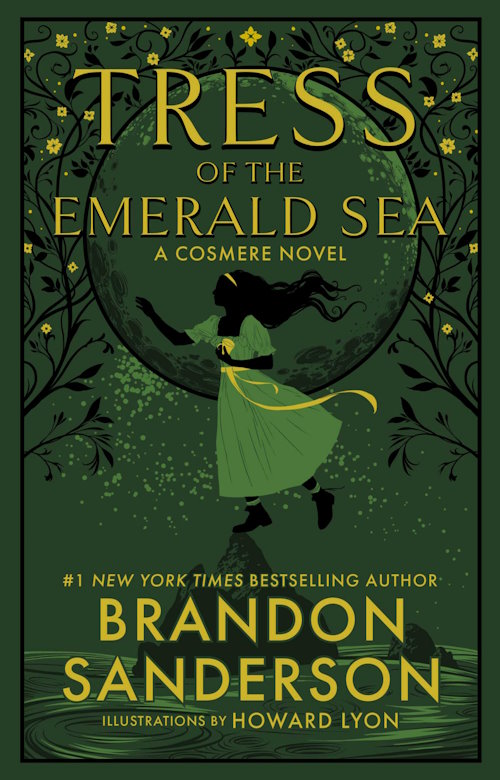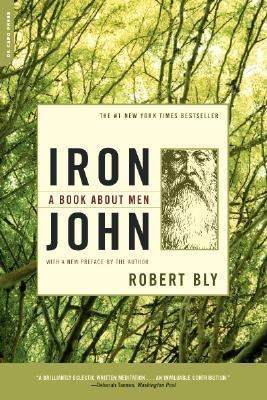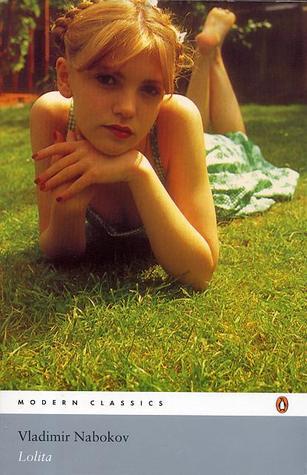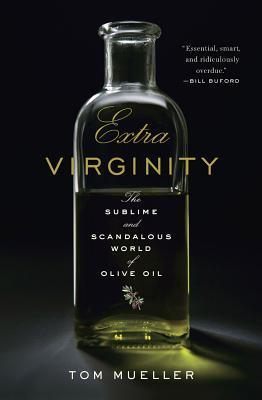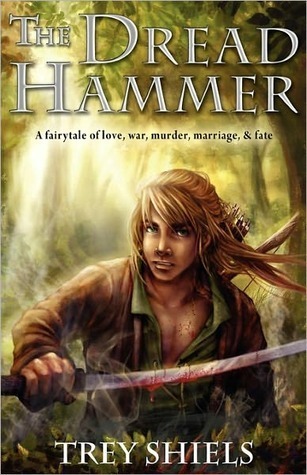Yumi and the Nightmare Painter, by Brandon Sanderson
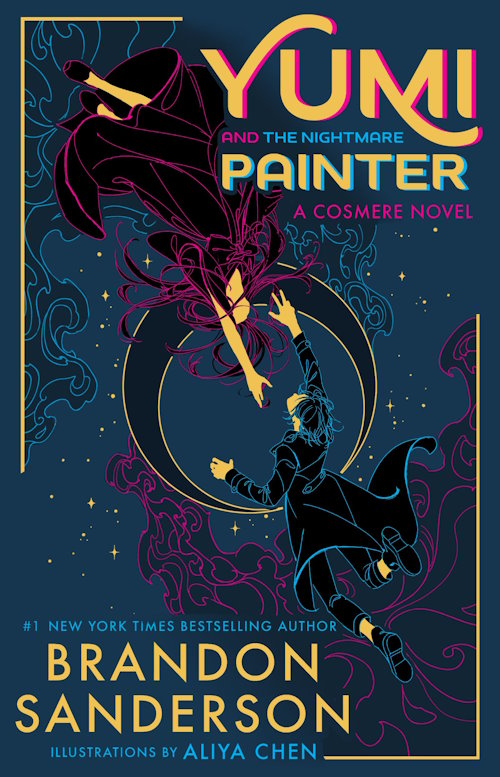
The BSCU (Brandon Sanderson cinematic universe, also known as the Cosmere) is a mistake. As far as I know there are no other authors creating stories in that universe, there is (and should be) little crossover between the worlds and characters Sanderson created and there are no movie or TV deals for other people to create content a la Marvel. It makes little sense for Stephen King, too. So when something that is quite literally a secret project completely separated from everything else Sanderson did is set in the Cosmere for no other reason than because one can, I feel it detracts from the quality and pulls the reader out of the experience.
Yumi and the Nightmare Painter is a lovely little story about two people from parallel worlds connected to each other without their will, but finding common ground and becoming friends and also saving the world in the process. For reasons unknown, the story is told from the standpoint of a cryptic (you know, like from the Stormlight stories) and there is talk about other planets, even interplanetary travel to other places, that in the end have no relevance to the plot. There are occasional humorous breakings of the fourth wall which were completely unnecessary. There are some small inconsistencies as well, which makes me weary of this "secret project" stuff. If it's secret, who checks you are not making mistakes in the story?
I may have been too subtle and you didn't catch it, but I hate the idea of these stories be set in the Cosmere. :) That being said, this was not amongst Sanderson's best, but it was fun and had some elements that felt new to his work. Yes, there is romance, which he says he added more of in this story at the insistence of his wife, but there was also something else, in the way he wrote the protagonists, in the Japanese cultural influences, a feeling that even with a great author like Brandon Sanderson there is room for growth.
I'll stop here for fear of spoiling the experience. Bottom line is that it felt a little too long for what it said and had superfluous elements in it that should have been stripped completely, but it was a fun and lovely standalone story as well.
